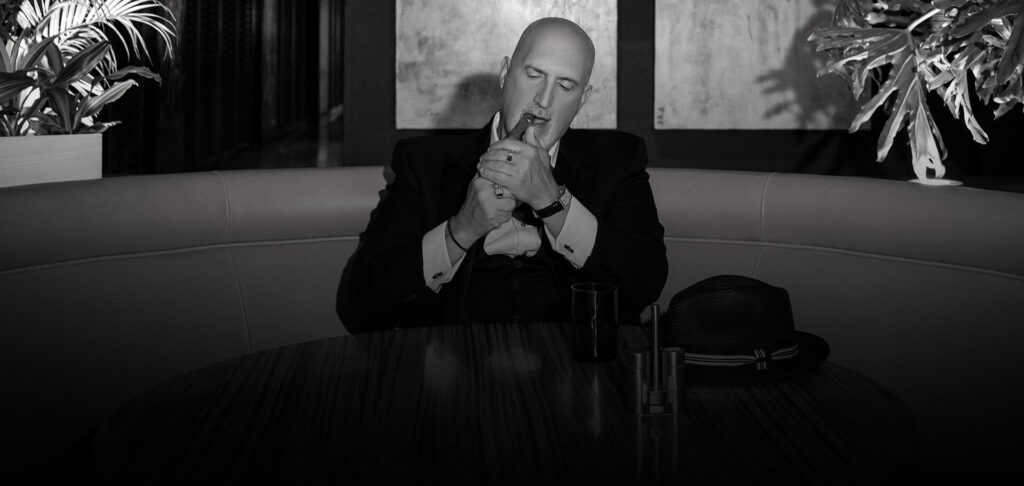A British expression used to indicate that something has gone horribly wrong with a person’s plans, most commonly in the phrase “It’s all gone pear shaped.”
A term meaning “to go to hell in handbasket” or “when the shit hits the fan.” Reportedly of British or Cockney origin, from the Royal Air Force’s description of circular flight paths gone awry, or “pear-shaped.”
From: Urban Dictionary, http://tiny.cc/2rx2ty
I had an interesting experience over the last 24 hours. I began breaking one of my own rules to live by:
”When you ask an expert for their opinion be prepared to take it, or don’t ask.”
This doesn’t mean blindly follow anyone … ever!!! But, if you’ve vetted the expert, and trust your process for determining they’re an expert, or even that they might be an expert, accept what they are saying has weight.
Now, I’m a big fan of Master Al Ridenhour’s advice he gives me all the time as I’ve been studying Guided Chaos with him, ”It’s okay to use respectful disrespect.” by which he means questioning everything.
But, once you’ve identified an expert listen and absorb what they have to offer, then check if what the expert offers fits what you already know and if it passes the “smell test” – i.e.: it makes sense to you, even if you know nothing just using your common sense or street sense. Then feel free to ask questions, even challenging ones. In other words, don’t compromise your instinct, intuitions or right to an opinion (even if it’s wrong).
So, it’s okay to ask questions, and expect and accept that you might get answers you don’t like, but as Richard Feynman says, “It doesn’t matter how beautiful your theory is, it doesn’t matter how smart you are. If it doesn’t agree with experiment, it’s wrong.”
Now you’re onto experimentation, and I’ll offer you another one of my life rules to live by:
When you’re experimenting to test something always add in “safety first” … remember you don’t know what the hell your doing, and the results you’re about to get are unpredictable.
This is all about HOW to take the expert’s advice, i.e.: treat it like a good hypothesis, not a proven theory … TEST, TEST, TEST!
What your trying to do is test the limits of the advice. You want to find out where the boundaries of their advice are regarding where it fits and will work, and where and how it will fail. The idea that everything has limits and will fail at some point, at sometime, somewhere, under the right conditions must become a presumption you live by if you want to create the highest quality results you are capable of creating. This means you’re always working to remain alert and aware.
Here’s another “rule to live by” that I just made up:
Never let your newly learned expertise, or the expertise you’ve been developing and have counted on for decades, to become so rigid that you assume you always have the right answer THIS TIME.
This is the major flaw of the learned, they count on their patterns of success too much.
The only “cure” for relying on patterns that have worked for you again and again, is to approach them as a child would … with wonder.
Let’s visit with the renowned Dr. Feynman once again for some expert advice: “The first principle is that you must not fool yourself and you are the easiest person to fool.”
A child constantly reinvents their world, and along with it their worldview, allowing what no longer fits to be abandoned in favor of a newer, fresher, more accurate interpretation backed by experimentation and experience … and, they don’t get too committed to that new point of view either, leaving them constantly open and ready to discover what remains unknown.
Here’s what another expert famously had to say about what remains unknown:
“Reports that say that something hasn’t happened are always interesting to me, because as we know, there are known knowns; there are things we know we know. … But there are also unknown unknowns – the ones we don’t know we don’t know.” – Donald Rumsfeld, U.S. Secretary of Defense
This bit is unfortunately as true of experts as for the rest of us.
My focus has been on how to remain open, even when I’m the expert in question. That means at least two constants:
1. I’m constantly refining what I believe I already know, and I have “proven” works to the best of my awareness, to improve the elegance and efficiency of what I’m doing and how I do it
2. I’m constantly questioning if what I believe meets the facts on the ground as I now know them in this moment, therefore I do my best to remain open to what I don’t know, or even never considered in that way before this moment
Then the third piece becomes my ability to remain open enough to update and change when I encounter information or experience that doesn’t fit what I now know, accepting it as fitting in the category of the “unknown, unknowns … the ones we don’t know we don’t know.”
In the middle of the night I found myself having to update what I’d been saying that contradicted an expert I respect (in this case Grandmaster John Perkins, creator of the Guided Chaos system of Adaptive Self-Defense). He was offering some wisdom about self-defense on the street against an attacker who means you real harm. I was kind of stuck on an idea about more controlled and predictable fighting, even at the “street level” of fighting, and he called me out on it.
So, I fell back on my on rule for living about trusting the experts I’ve identified as being expert, and backed out of my own opinion, while simultaneously using the experience to update where my opinion applies versus where it doesn’t. At the same time I used my sense of “respectful disrespect” to place the information that was being presented where it belonged in the larger frame of consideration we were discussing, while not displacing what was already there in place and also valid.
This last bit (which will also be the last bit here as well), “… to place the information that was being presented where it belonged in the larger frame of consideration we were discussing, while not displacing what was already there in place and also valid.” is remarkably difficult to actually accomplish (at least for me … and many of those I’ve directly worked with). To accept the idea that there are things we know that are not exactly as we know them, and simultaneously what we know remains accurate where it applies (but not where it doesn’t), requires the kind of genius that F. Scott Fitzgerald refers to in his quote: “The test of a first-rate intelligence is the ability to hold two opposed ideas in mind at the same time and still retain the ability to function.” – F. Scott Fitzgerald (https://www.brainyquote.com/quotes/fscottfitzgerald100572)
To all the first-rate minds out there 😉
All the best,
Joseph Riggio, Ph.D.
ABTI | Joseph Riggio International
P.S. – If you’re interested in exploring a bit of my expertise, let’s schedule a chat about my upcoming MythoSelf Professional Training in the U.K. this August, and NJ for the three module program that runs beginning in Sept 2018 and continuing in Dec 2018 & April 2019: https://josephriggio.click/mpt-landing.




